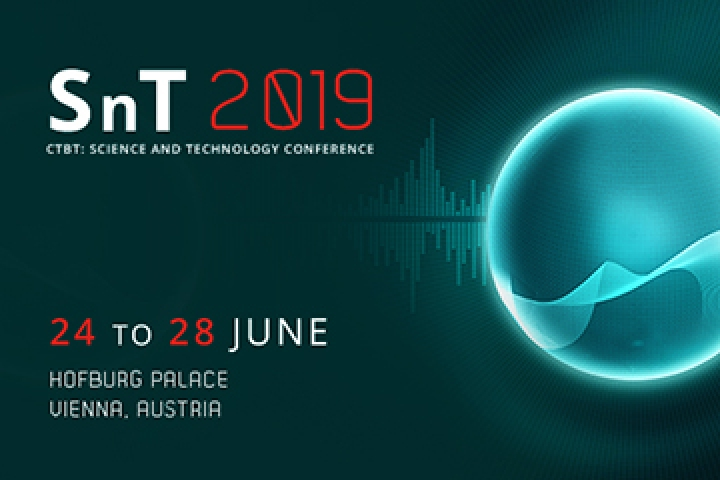Speaker
Description
On September 3rd 2017 official channels of the Democratic People’s Republic of Korea announced the successful test of a fusion bomb. This would be a major step in the nuclear program of North Korea. This study provides a multi-technology analysis of the 2017 North Korean event and its aftermath using a wide array of geophysical methods (seismology, infrasound, remote sensing, radionuclide monitoring, and atmospheric transport modeling). The depth of the event, its strength in terms of radiated high- and low-frequency seismic energy, the contribution of possible faulting or slope instability processes, the near-surface damage in the test area, explosive yield and the proof of whether fission products are detected as atmospheric tracers are key questions to be answered. The multi-technology and multi-methodology analysis presented in this study clearly indicates that the September 2017 North Korean event was in fact a nuclear test and that even in the phase of before its entry into force, the CTBTO verification regime has again demonstrated its readiness with respect to the recent North Korean nuclear test.

